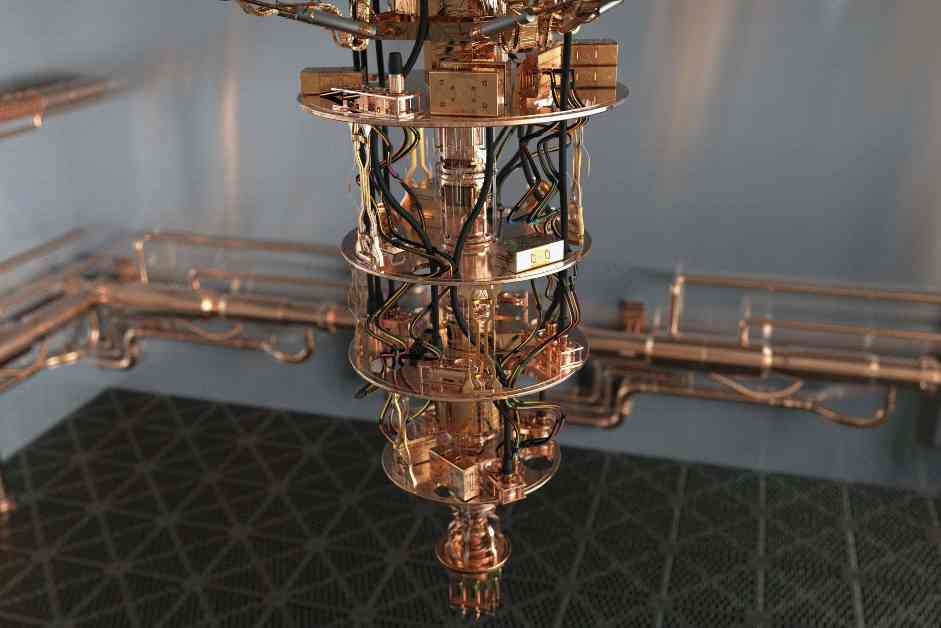Secret international discussions have led to the implementation of export controls on quantum computers by various countries, including the UK, France, Spain, the Netherlands, and Canada. These restrictions are based on the number of quantum bits (qubits) and error rates of the quantum computers, with the intention of preventing potential cyber risks and threats to national security.
The identical limits on qubit numbers and error rates across multiple European countries have raised questions about the scientific rationale behind these regulations. The European Commission clarified that these restrictions are individual national measures rather than EU-wide regulations. The limits were determined through multilateral negotiations under the Wassenaar Arrangement, a system that controls the export of dual-use technologies with military applications.
Despite the secrecy surrounding the decision-making process, some officials have suggested that the restrictions are based on scientific analyses of quantum computer performance. However, the lack of transparency regarding the research, analysis, and decision-making has led to confusion and speculation within the industry.
Experts like Christopher Monroe, co-founder of IonQ, have raised concerns about the potential negative impact of these export controls on innovation in the quantum computing sector. Monroe argues that restricting research and progress in quantum computing could hinder innovation and limit the development of practical applications for these advanced technologies.
While some countries, like Germany and Belgium, have not yet implemented their own export restrictions on quantum computers, they are closely monitoring the situation and participating in discussions under the Wassenaar Arrangement. The implications of these export controls extend beyond national security concerns to the broader impact on technological advancement and scientific innovation in the field of quantum computing.
As the global debate on quantum computer export controls continues, stakeholders in the industry, government officials, and researchers are grappling with the challenge of balancing security concerns with the need for scientific progress and technological innovation. The ongoing discussions and decisions surrounding quantum computer exports highlight the complex intersection of national security, technology, and international cooperation in the digital age.






